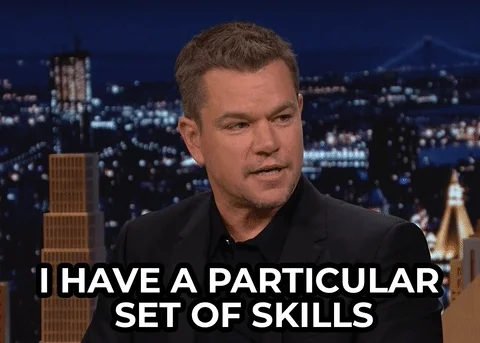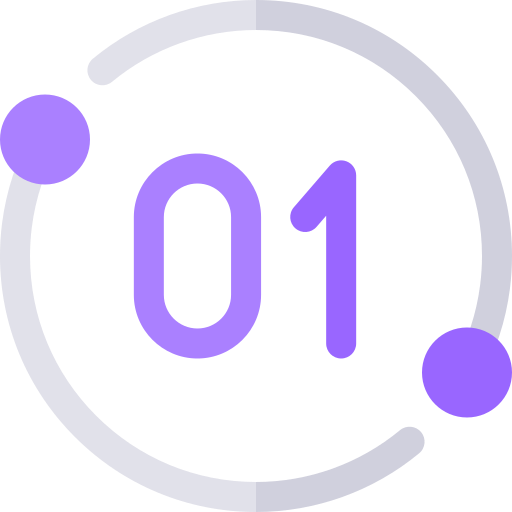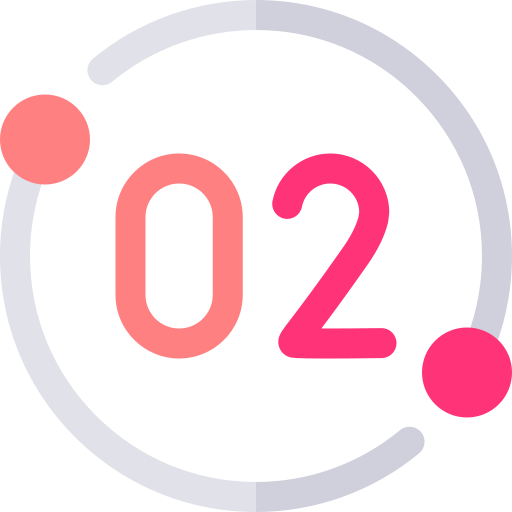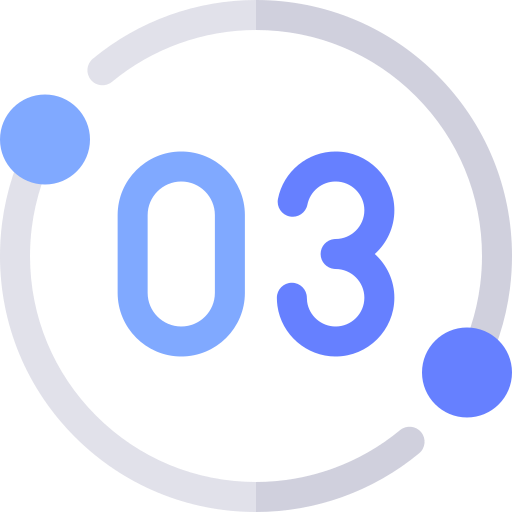Imagine you're walking into an elevator, only to bump into the boss of the dream company you would like to work for.

In the short amount of time you have in the elevator, what would you say to the boss of this company to convince them you would be a great fit for their company?
 Thinking about a brief way to highlight who you are and what you've accomplished in a short amount of time can be challenging — but that's exactly what an elevator pitch is.
Thinking about a brief way to highlight who you are and what you've accomplished in a short amount of time can be challenging — but that's exactly what an elevator pitch is.
The good thing is you can prepare your pitch in advance, so you're always ready. Let's break down how you can ace your next elevator pitch.
1. Introduce Yourself

Start with a greeting and your name: When you meet a potential employer, remember to greet the employer and tell them your name.
Example: "Hello, my name is Elisa, it's very nice to meet you!"
Provide a brief overview of your professional background: Share only relevant experiences that relate to the job or place you are interested in. Limit the length of this section to only 1-2 sentences.
Example: "After graduating with my degree in adult education, I worked as an instructor at the University of Toronto. It's where I learned to develop and facilitate engaging learning material."

Be careful not to ramble: Try to stick to only relevant points about yourself. Rehearsing or practicing your speech can assist with staying on track.
Be aware of nonverbal communication: Remember to smile when greeting the employer and be mindful not to cross your arms.
Write down any relevant experiences in advance, then remove any points, words, or jargon that aren't necessary.
Be conversational: Even with a planned elevator pitch, it's important to be natural and authentic.
Quiz
When sharing your past experiences with a potential employer, what should you do? Select all that apply:
2. Share What You Offer

This is an opportunity to highlight what sets you apart from other candidates. You may want to consider talking about:
A pivotal achievement or goal you have accomplished.
How your skills and strengths relate to the position you're interested in.
What value you will bring to the company or what the company can gain from having you on their team.

For example,let's say you are giving an elevator pitch for the role of an adult learning instructor. You may talk about a previous experience you had in a similar role, but keep in mind this is an elevator pitch so you should keep it short and sweet.
You may say something like:
"In my previous experience as a digital literacy instructor, I independently designed, developed, and facilitated new workshops. I was able to create these workshops by critically analyzing emerging needs of clients and ensuring they receive the support they need to thrive and succeed in the digital world".

Helpful Tips!
Share specific examples of your goals or achievements.
Highlight how your involvement made an impactful change.
If you do not have previous work-related experience, you can talk about your educational achievements or volunteer work.
Quiz
If you don't have any work-related achievements, you should...(select all that apply):
3. Be Proactive
When wrapping up your elevator pitch, you may want to think about what you are expecting from this interaction with the employer. In other words, you want to end with a call to action.

Thank the employer for taking the time to listen to you today and express appreciation for their consideration.

End with a closing statement that helps encourage a continued relationship. "I would love to share more about my past work achievements." Ideally, you want the employer to follow up with related questions to seek out more information from you.

Exchange contact information by requesting a business card, sharing your contact with the employer, or doing both.
Quiz
What are some effective calls to action you can include? Select all that apply:
Take Action

Preparing an elevator pitch can take a lot of time and practice. Use these tools below to continue prepping for your next elevator pitch:
Your feedback matters to us.
This Byte helped me better understand the topic.
